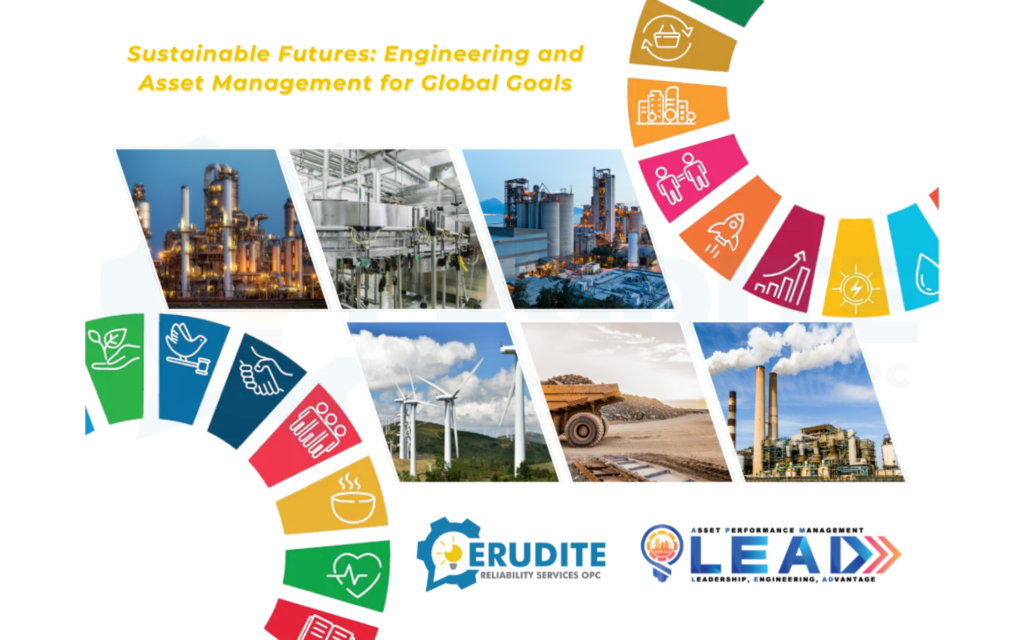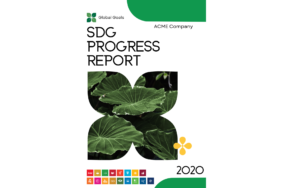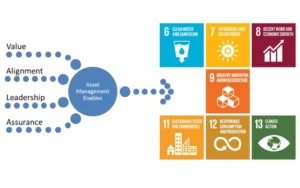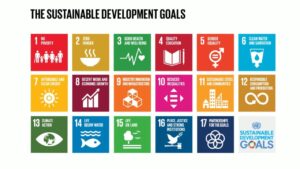In 1987, the Brundtland Commission, established by the United Nations, defined sustainability as “meeting the needs of the present without compromising the ability of future generations to meet their own needs.” This principle has become the cornerstone of sustainable development initiatives worldwide, particularly relevant today as nearly 140 developing countries grapple with fulfilling their developmental needs in the face of the escalating threat of climate change. This challenge is especially pronounced in heavy industries—such as mining, power generation, utilities, oil and gas, petrochemicals, and heavy manufacturing—which are pivotal to economic growth but also significant contributors to environmental degradation.
The Impact of Heavy Industries on Sustainability
Heavy industries play a crucial role in the global economy, providing essential materials and energy required for development. However, these industries are also among the most resource-intensive and polluting, making their transformation key to achieving global sustainability goals. The United Nations Sustainable Development Goals (SDGs) offer a framework for this transformation, emphasizing the adoption of clean and responsible manufacturing processes, reduction of carbon footprints, and improvement of overall environmental management.
Aligning Heavy Industries with the UN SDGs
The relevance of specific SDGs to heavy industries includes:
- SDG 7 (Affordable and Clean Energy)
- SDG 9 (Industry, Innovation, and Infrastructure)
- SDG 12 (Responsible Consumption and Production)
- SDG 13 (Climate Action)
- SDG 17 (Partnerships for the Goals)
These goals advocate for innovations and improvements that ensure environmental sustainability while fostering economic growth. For example, transitioning to renewable energy sources in power generation not only addresses SDG 7 but also supports SDG 13 by reducing the industry’s carbon footprint.
Best Practices for Sustainable Development in Heavy Industries
Implementing sustainable practices in heavy industries involves several strategic approaches:
-
Innovative Technologies: Adoption of advanced technologies that enhance efficiency and minimize waste, such as automation in mining or carbon capture and storage in oil and gas industries.
-
Resource Efficiency: Enhancing resource efficiency in utilities through modernized infrastructure, such as smart grids and advanced water recycling systems.
-
Waste Reduction: Emphasizing waste reduction and recycling in petrochemicals and manufacturing through the implementation of circular economy principles.
Case Studies and Success Stories
Several success stories highlight the potential for sustainability in heavy industries:
-
Steel Production: Companies using electric arc furnace technology significantly reduce emissions compared to traditional methods.
-
Water Management in Mining: Innovative water recycling technologies that help companies achieve substantial reductions in water use.
-
Renewable Energy in Utilities: Utility companies transitioning to renewable energy, significantly cutting down on fossil fuel use and emissions.
Addressing Challenges and Moving Forward
Despite these advancements, the path to sustainability in heavy industries is fraught with challenges. High capital costs, technological barriers, and resistance to change are significant hurdles. However, with strategic investments, policy support, and international cooperation, these industries can overcome these barriers. The role of developed nations in facilitating this transition through technology transfer and financial support is also critical.
Conclusion
The definition provided by the Brundtland Commission remains profoundly relevant in guiding the heavy industries toward sustainable practices. By integrating the UN SDGs into their operations, these industries not only contribute to global environmental goals but also ensure their economic viability and competitiveness in the future. Sustainable development in heavy industries is not merely about compliance or survival—it’s about thriving in a future where economic growth and environmental health are inextricably linked. The ongoing efforts in these sectors provide a blueprint for others, demonstrating that with the right strategies and commitment, sustainability is both a feasible and beneficial choice.
Reference:
- The Role of Industrial Sector in Pollution Control
- Greenhouse gas control in steel manufacturing: inventor, assurance, and strategic reduction review
- The Role of Water in Mining’s Sustainability Journey
- Transition pathway towards 100% renewable energy across the sectors of power, heat, transport, and desalination for the Philippines





